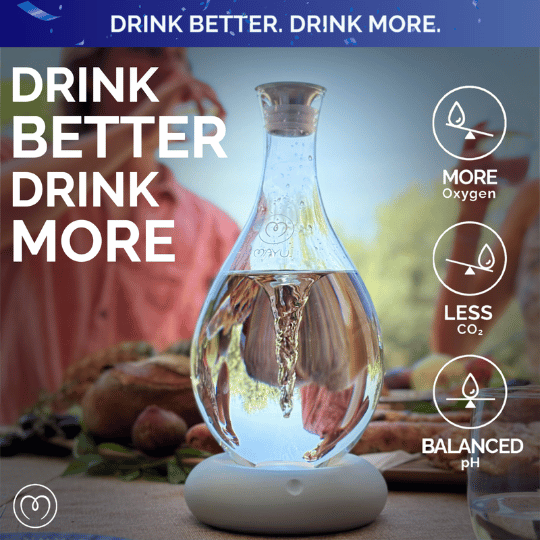Flushable wipes are marketed as a convenient alternative to toilet paper, but they are anything BUT FLUSHABLE and they can actually be harmful to your plumbing and the environment. Plumbers have a love-hate relationship with them. They know flushable wipes clog up plumbing and they can’t believe people are still, to this day, are flushing them down the toilet. At the same time, declogging plumbing systems is a good moneymaker. Most honest plumbers however truly do NOT want to waste their time fishing out wipes.
I’ve had SO MANY people tell me, ‘..but the package says biodegradable?’. Lies lies lies. There has already been at least one class action lawsuit against companies that manufacture the devil’s flushable wipes as the damage they are causing across the country is mind-boggling.

Recently in the news, you may have heard about ‘Fatbergs’. A fatberg is a rock-like mass of waste matter in a sewer system formed by the combination of flushed non-biodegradable solids, such as wet wipes, and fat, oil and grease (FOG) deposits.

The handling of FOG waste and the buildup of its deposits are a long-standing problem in waste management, with “fatberg” a more recent neologism. Fatbergs have formed in sewers worldwide, with the rise in usage of disposable (so-called “flushable”) cloths.
Here are some of the reasons why flushable wipes are bad:
- They can clog pipes. Flushable wipes are not as easily broken down as toilet paper, so they can build up in pipes and cause clogs. This can lead to expensive plumbing repairs or even sewage backups in your home.
- They can damage septic systems. Flushable wipes can also damage septic systems. Septic systems are designed to break down organic waste, but flushable wipes are not considered organic waste. They can build up in septic tanks and pipes, and eventually cause system failure.
- They can pollute waterways. Flushable wipes can also pollute waterways. When they are flushed down the toilet, they can end up in rivers, lakes, and oceans. This can harm wildlife and contaminate drinking water.
If you are looking for a more environmentally friendly way to clean up after using the bathroom, there are better options than flushable wipes. You can use a bidet or simply use single-ply toilet paper. If you’re freaking out and feel like you need wipes in your life, then get a mini-diaper bail to collect the wipes and dispose of them in a bag in your trash receptible, much like you would baby diapers. We did this when we traveled across the country in our RV and we never had ANY septic clog issues. Cleaning the RV septic system was a breeze and taking out the little plastic bags from our Diaper Genie was NO BIG DEAL.
Here are some of the alternatives to flushable wipes:
- Bidets. Bidets are a great way to clean up after using the bathroom without using any paper. They are available in a variety of styles, including standalone units, toilet seat attachments, and even handheld devices.
- Toilet paper. Toilet paper is still the most common way to clean up after using the bathroom. However, it is important to use only a small amount of toilet paper, and to flush it down the toilet immediately. Brands like Costco and Charmin as known for being extra thick and clogging.
By choosing one of these alternatives, you can help to protect your plumbing, your septic system, and the environment.





